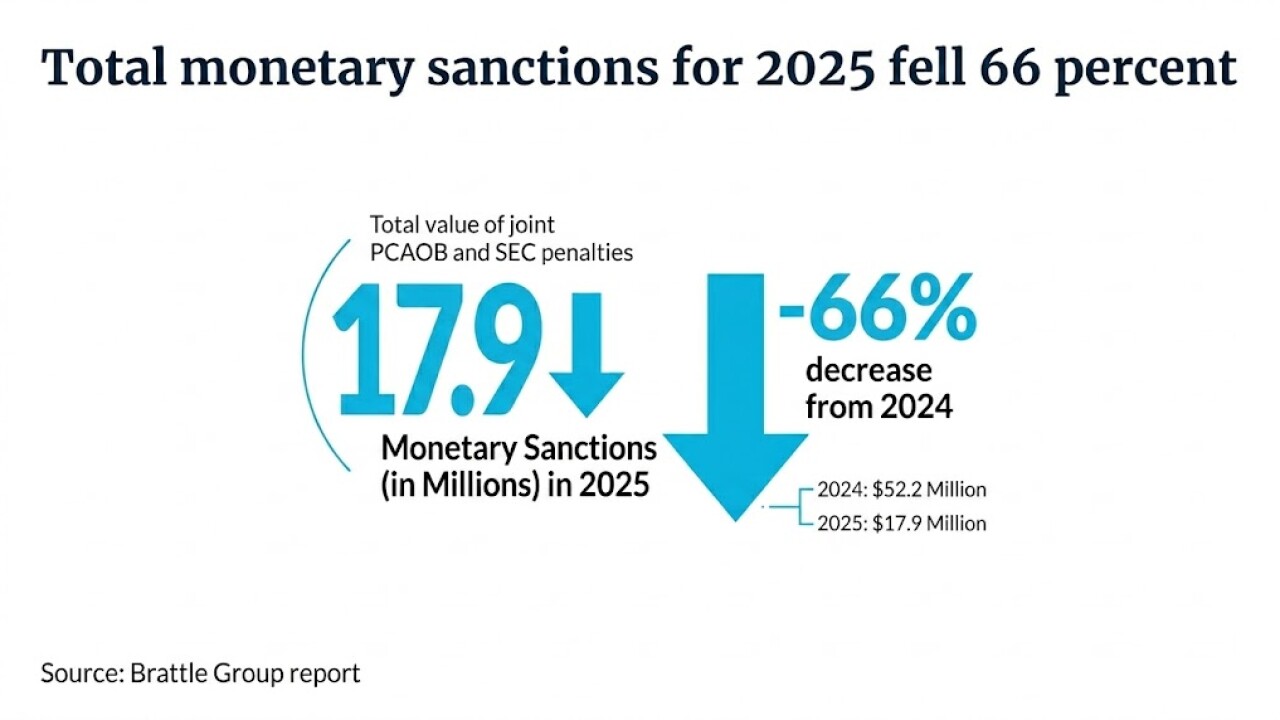The Internal Revenue Service has proposed regulations that would require taxpayers with Employer Identification Numbers to periodically provide the IRS with up-to-date information.
In
In general, the IRS assigns an EIN for use by employers, sole proprietors, corporations, partnerships, nonprofit associations, trusts, estates, government agencies, certain individuals, and other business entities for tax filing and reporting purposes. The IRS accepts applications for EINs electronically and by phone, facsimile, or mail.
With increasing frequency, EIN applicants authorize certain individuals, sometimes referred to as “nominees,” to act on behalf of EIN applicants. These nominees are generally listed on the EIN application as principal officers, general partners, grantors, owners, and trustors. The authority of the nominees to act on behalf of the EIN applicant is often temporary and expires after the application is processed.
The IRS noted, however, that the listing of a nominee prevents the IRS from gathering the correct ownership information with respect to the EIN applicant once the nominee is no longer authorized to act on behalf of the EIN applicant. In response to concerns about this practice and the need for accurate records, effective January 2010, the IRS revised line 7a on the Form SS-4 requiring disclosure of the name of the EIN applicant’s “responsible party” and the responsible party’s Social Security Number, Individual Taxpayer Identification Number, or EIN.
The instructions for Form SS-4 provide a definition for “responsible party.” For entities with shares or interests traded on a public exchange, or which are registered with the Securities and Exchange Commission, the instructions currently provide that a “responsible party” is (a) a principal officer, if the business is a corporation, (b) a general partner, if a partnership, (c) the owner of an entity that is disregarded as separate from its owner (disregarded entities owned by a corporation enter the corporation’s name and EIN), or (d) a grantor, owner, or trustor, if a trust.
For all other entities, the “responsible party” is the person who has a level of control over, or entitlement to, the funds or assets in the entity that, as a practical matter, enables the individual, directly or indirectly, to control, manage, or direct the entity and the disposition of its funds and assets.
“The ability to fund the entity or the entitlement to the property of the entity alone, however, without any corresponding authority to control, manage, or direct the entity (such as in the case of a minor child beneficiary), does not cause the individual to be a responsible party,” the IRS noted.
The new proposed regulations would require any person issued an EIN to provide updated information to the IRS in the manner and frequency required by forms, instructions, or other appropriate guidance, which the IRS will issue in the near future. The requirement would include updated application information regarding the name and taxpayer identifying number of the responsible party. It would cover people who have previously applied for an EIN by listing a person other than the applicant’s responsible party. The updated information would allow the IRS to ascertain the correct ownership details for persons who have an EIN. In turn, the IRS could use that knowledge to contact the correct persons when resolving a tax matter related to a business with an EIN and to help combat schemes that abuse the tax system through the use of nominees.
These regulations are proposed to apply to all persons possessing an EIN after the date the Treasury decision adopting these rules as final regulations is published in the Federal Register.
The IRS is asking for public comments and may schedule a public hearing if so requested. The public can provide feedback on issues such as whether the proposed collection of information is necessary for the proper performance of the functions of the IRS, including whether the information will have practical utility; the accuracy of the estimated burden associated with the proposed collection of information; how the quality, utility, and clarity of the information to be collected may be enhanced; how the burden of complying with the proposed collection of information may be minimized, including through the application of automated collection techniques or other forms of information technology; and estimates of the capital or startup costs and costs of operation, maintenance, and purchase of services to provide the information.





